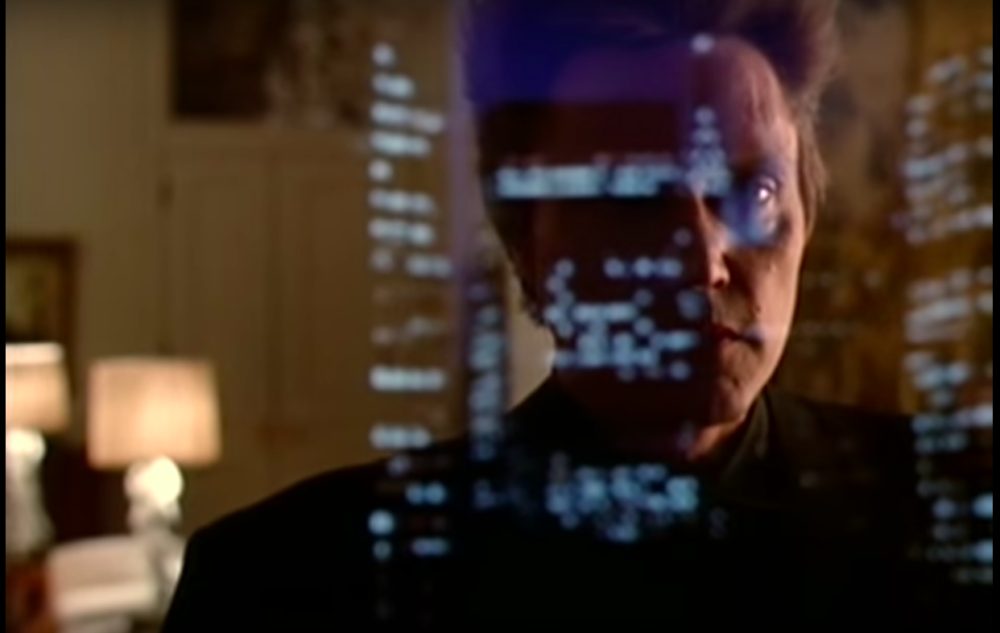Abel Ferrara’s best film represents one of the last times that a Pre-Guiliani New York crimescape would be depicted and, from some perspectives, celebrated on-screen. Christopher Walken’s Frank White, newly released from Sing-Sing, embodies an old-school gangster aesthetic revisiting his old neighbourhood now plunged into the depths of a serpentine criminality that is swallowing the hopes and dreams of the masses.
Positioning himself as a perverted Robin of the hood, he seeks to fund a local hospital and this juxtaposition of benevolence and malevolence is integral to the story’s critique of the hypocrisy inherent in America’s broken societal structure. Frank, strangely drained of the same life that has been sapped from the streets, comes alive in the back alleys and gaming rooms and subways and underpasses that contain the creatures he seeks to end.
Despite his almost ghostly presence and alternating cool, chatty demeanour and cold-eyed killer soul, he is surrounded by a nightmarishly comic array of psychological disorders. Jimmy Jump, played by Laurence Fishburne, stands out as one the most chilling depictions of gangsterism of the eighties and his demise is equally memorable. Horrific and brutalising, his braying and pleading interspersed with crazy laughing is more compelling than a thousand on-screen killings. His death perfectly encapsulates what it means to live a violent life and die a violent death and eclipses almost every other similar moment in film history.
Frank prowls the streets as a passenger in a limousine, his face etched with a palpable hunger to cleanse these avenues of the beasts that defile them. It is these moments that have led to some commentators to observe vampiric overtones in the film, but authenticity is not paramount for Ferrara, considering the spectral Walken leads an all-black crew.
As a gangster film, there are more successful and more believable offerings, and as a slice of eighties excess there is a lack of an interest in material concerns. Long-time Ferrara collaborator Nicholas St John presents a script that pre-dates The Wire in its exploration of the tension between politics and crime and the true source of philanthropic capital. This analysis of the grey area in which criminality can exist and its attempt to understand it is what makes this film memorable.
Walken delivers a career-best performance by relying on the emotiveness of his Murnau-esque facial gestures as he reacts to the bourgeois transformation occurring in the midst of deprivation and hopelessness. There is a great moment when Frank watches a play that depicts black prisoners killing a white police officer and is the only member of the audience not to applaud. These naïve and entitled people are oblivious to the tentacles of crime wrapped around and throughout them.
Available on DVD and Blu-ray from Arrow Films from Mon 16 Nov 2020


Comments